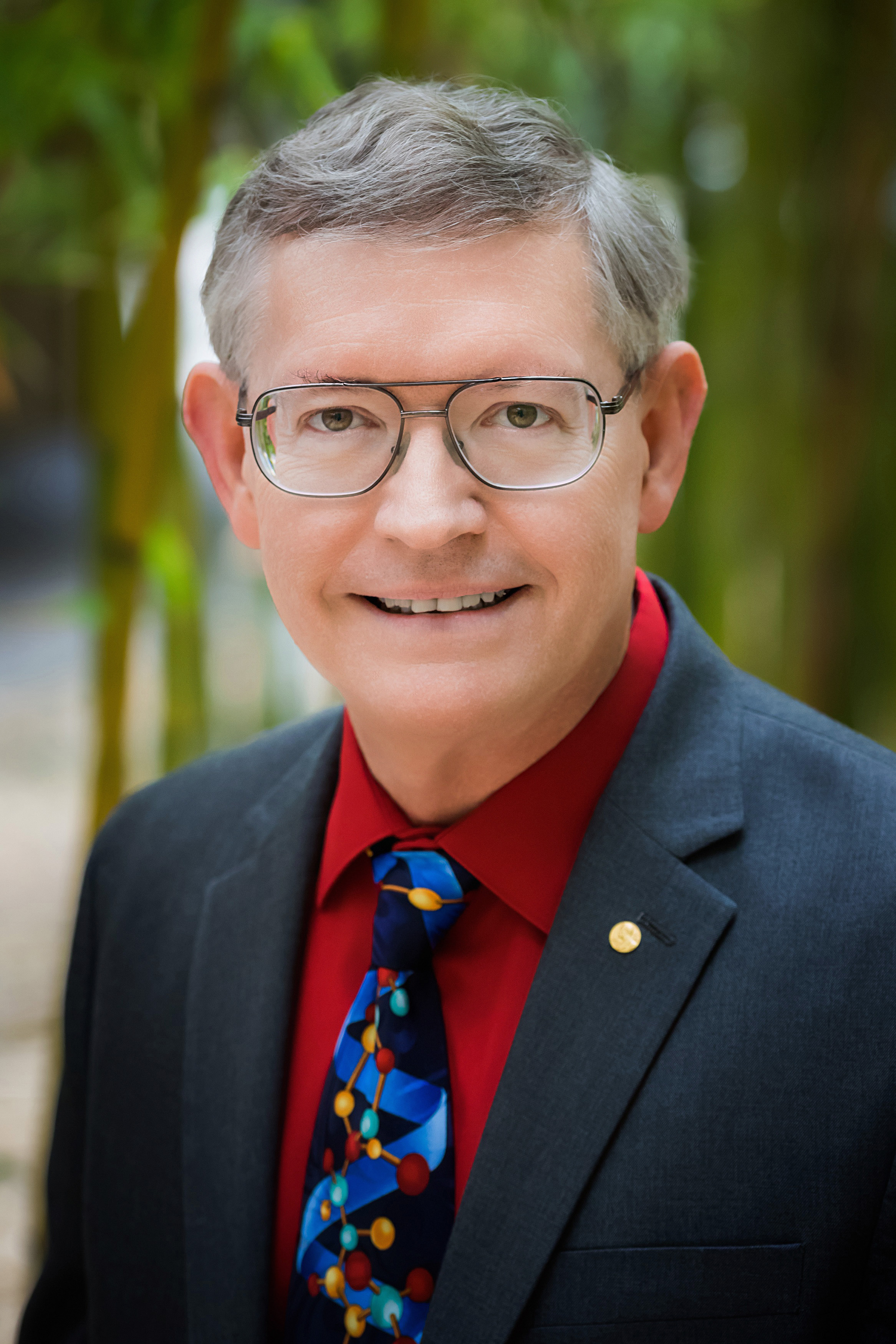
23 Jun TSRC Town Talk: A Single Molecule? What Can We Do With It?
The Telluride Science Research Center hosts Dr. W.E. Moerner. His talk, titled “What Is a Single Molecule, and What Can You Do With It?,”continues a seven-week series of Town Talks presented by TSRC. The event takes place at the Telluride Conference Center in Mountain Village on Tuesday, June 25, 2019, 6:30 p.m. Admission is free; cash bar opens at 6 p.m.
Each talk is followed by an interview and Q &A session moderated by Emmy- and Peabody Award-winning television correspondent and professor emerita of broadcast journalism at USC’s Annenberg School of Communication and Journalism, Judy Muller.

Dr. W.E. Moerner at TSRC’s Town Talk.
The Nobel Prize is now over 120 years old, and yet it is still universally regarded as one of the most coveted tributes in existence. On June 25, Telluride hosts Dr. W.E. Moerner, recipient of the 2014 Nobel Prize in Chemistry. He continue the summer’s Town Talk series.
Dr. Moerner felt drawn to his career in science early on, in part due to a cultural spike in scientific innovation when he was growing up. And he was genetically predisposed.
“I had the opportunity to be a part of the ‘Sputnik Generation’ of kids, so in that time, there was a lot of encouragement to study science. Plus, my father was a scientist, so the support was also coming from my family.”
In 2014, Dr. Moerner and two associates received the 2014 Nobel Prize in Chemistry “for the development of super-resolved fluorescence microscopy.” The research focused on high-resolution imaging of single molecules:
“We have molecules all around us, and we also have light. What’s not so obvious is that each molecule is smaller by roughly 100,000 times than the width of a human hair. If we can use light to excite these molecules and cause them to give light back, then we can detect an individual molecule under the proper conditions of a careful experiment.”
Research at the molecular level was certainly not new, but the fact Moerner narrowed his focus to the activity of a single molecule and its properties was likely key to his award-worthy breakthrough:
“When the experiment was first done, it was unexplored territory. We didn’t know what we would see because every previous experiment studied an extremely large number of molecules all at the same time, averaging all of their behaviors. But once you start seeing individuals, you see that they might behave differently, and those surprises can give us a better understanding of how the world works and lead to new applications.”
In addition to being one of the 180 individuals ever honored with this prize, Dr. Moerner is also an esteemed professor of chemistry at Stanford University. While attempting to share his knowledge on the subject, Moerner also hopes to give his students the same encouragement to pursue science he once received:
“In both chemistry and physics, we want to understand how things work. Part of teaching is to convey that information, but it’s also to inspire young people by showing them the fun in science. Having them imagine a single molecule, and what you can do with it generally proves to be great motivation.”
Dr. Moerner’s ideas should continue to inspire others this week in Telluride. He is attending A TSRC workshop titled “Emerging Methods in Single-Molecule Spectroscopy.” In anticipation of the workshop, Dr. Moerner notes:
“The people at this meeting are applying the basic idea I worked on for years in many different areas of science: polymers, proteins, medicine, and/or cells. They are using the technique of viewing single molecules because that gives us the best way to uncover behavior normally hidden by averaging.”
TSRC & Town Talks, more:
TSRC Town Talks are free public presentations by world-renowned scientists on topics of great current importance in science, technology, education, and public policy. Each scientist’s talk is followed by an interview and Q&A session moderated by Emmy- and Peabody Award-winning television correspondent and professor emerita of broadcast journalism at USC’s Annenberg School of Communication and Journalism, Judy Muller.
With a network of over 5,000 preeminent scientists from over 90 countries and 500 institutions, TSRC generates the fundamental knowledge-base for new solutions in many fields, including energy, medicine, water, climate, national security, and advanced materials for computing and manufacturing.
To learn more about TSRC and the capital campaign to purchase the Telluride Depot as TSRC’s permanent home, visit telluridescience.org.


Sorry, the comment form is closed at this time.